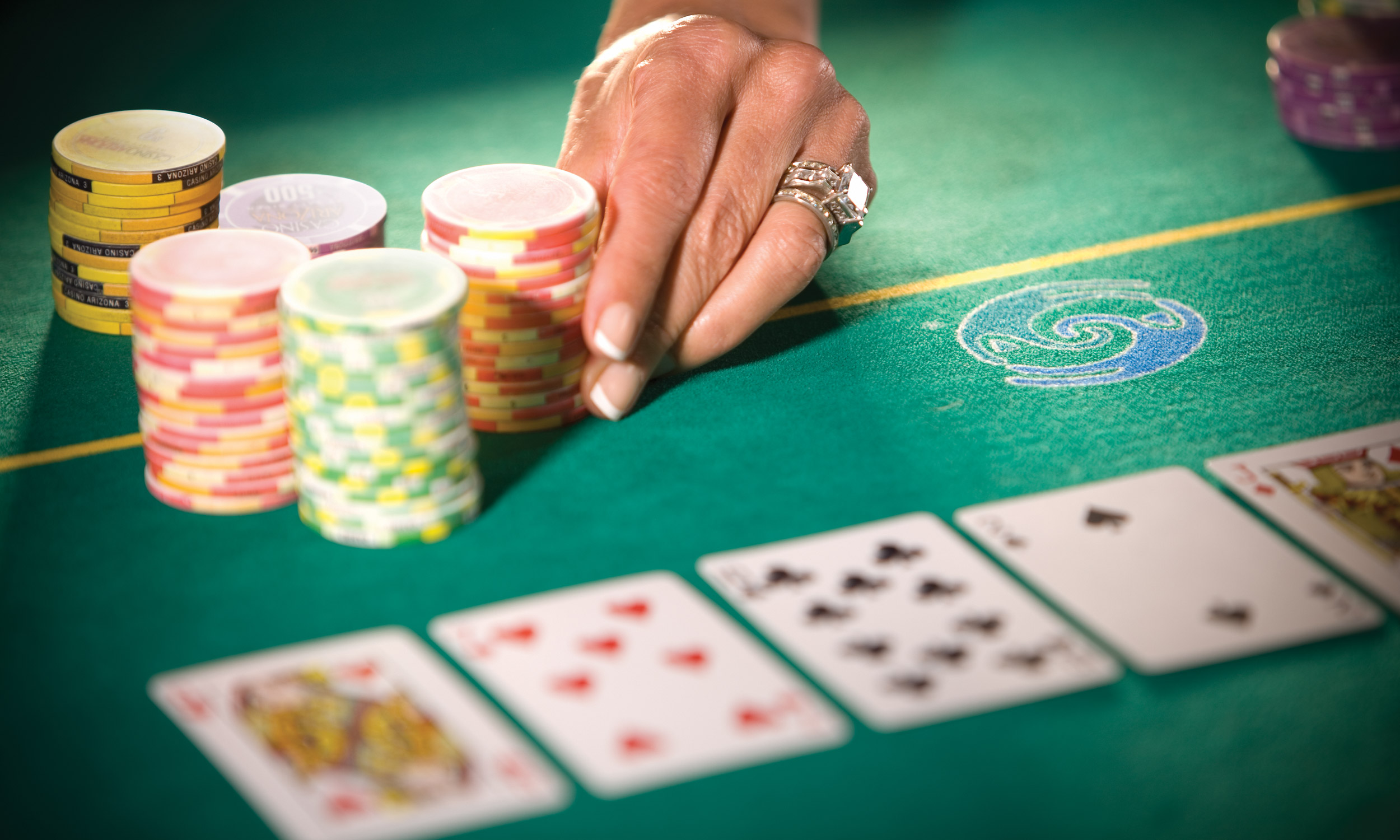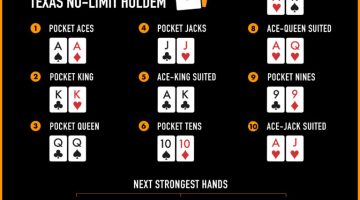
What is Poker? The Rules and Facts
Poker is any of the many card games where players simultaneously bet over which hand is most likely to win in certain ways depending on the rules of that particular game. The basic math involved is simple: if you bet a person’s money on the river table and that person bets that same money against yours, then the pot is your win, because you have picked up the first hand. Thus, if you are playing Texas Hold’em poker and someone bets your money and you beat him/her, then technically you have just taken your first pot for that game. It is also important to realize that there are many different variations on the basic poker rules, so before you begin playing, it is a good idea to learn as much as you can about the various types of poker.
Straight: A straight hand consists of two cards, with each of them representing the same rank on the table. In a four-suit game, for instance, the two highest cards (four), are straight, while the lowest two (three) are called “the flops.” If a straight hand wins, the pot is split among the two players who brought it. The last two cards in the hand are called the “turn and fishes,” which allow the low pair to switch places with the high hand, should they end up on the flop. A straight is considered a strong hand, but not unbeatable, so in no-limit tournaments, you will find straight players at the top tables.
Value Card: A value card is a kind of non-blind or blind poker chip that has no monetary value to the players. This is in contrast to the blinds, which do have some value to the players. A value card is placed in front of the players, making it very visible what the hands are. If a player has a value card, that player may call or raise without showing his actual card – however, he still must show their cards, if they do decide to fold – otherwise the bet will be folded by default and the other players will receive their blinds.
Draw Poker: In draw poker, one or more cards are hidden from the dealer, and the player has to evaluate each suit and choose whether or not the remaining deck contains any cards that can help them. A standard draw is made by having the dealer deal five cards face down, counting the ace as one. The five cards are turned over one at a time, and the person holding the Ace will reveal the contents of the deck, revealing whether or not any of them are still present. The person holding the Deuce will need to reveal whether or not they are a straight, four of a kind, or a full house, otherwise the dealer will switch the sequence and deal seven cards face down.
Flop Poker: The flop is another vital part of the game. At the flop, the players may either call or raise, depending on the position of the two top cards. If the players do not have the same numbers on their hands, then the dealer will make the call, followed immediately by the flop bet, followed by the second and final round of betting, followed by the final deal. At the end of the flop, if there is a lead or a deficit, the pot is split between the two players who had the best hands, with the winning players receiving the final pot. In a three-card draw, the dealer will usually fold, unless there is an Ace or King to act as the high card.
One important factor to remember is that straight and flush pot odds do not change with the type of poker table you are playing at. Pot odds are usually best when you are playing at a full table, because small tables may be slower to react, so it may not pay to wait for the flop to draw, unless you have already put in a strong hand. When you are at a full table, both the high and low cards must come off in the same turn (unless you have an Ace and King out), so there is no advantage in holding on to your cards, waiting for the turn to act, if you have an Ace and King to act.





